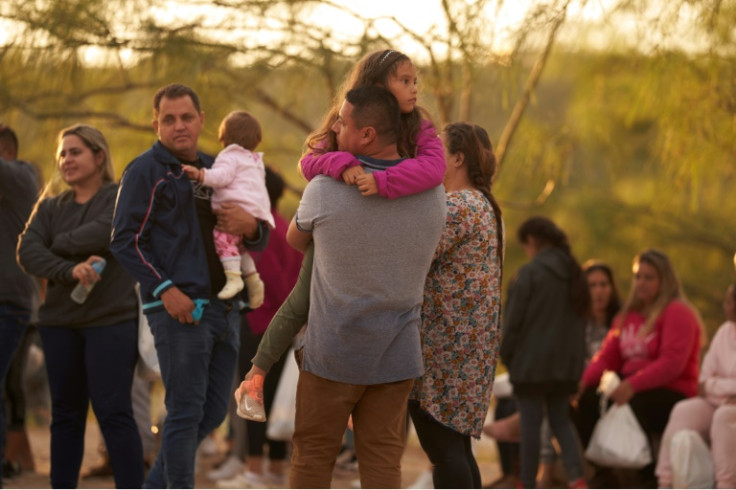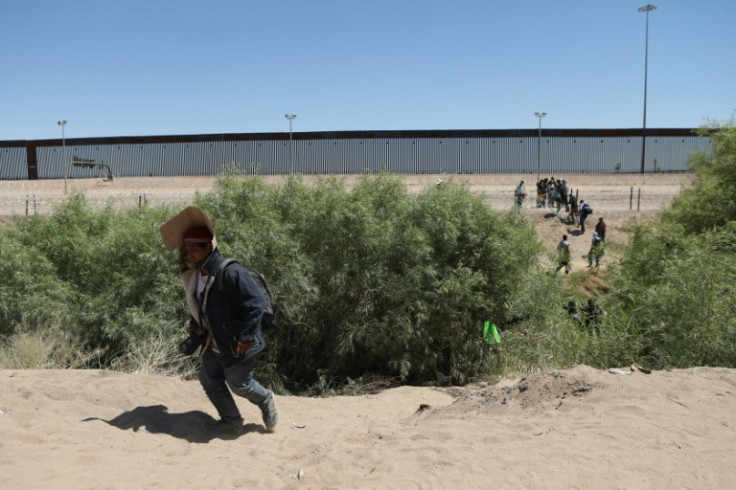
CBP One, launched in October 2020, is a mobile application available in Apple and Google Play stores that serves as a single portal to a variety of CBP services for migrants, including submitting information in advance and scheduling an appointment to present themselves at one of the eight ports of entry.
In the state of Arizona, there is the Nogales' port. In Texas, the ports are Brownsville, Eagle Pass, Hidalgo, Laredo, and El Paso. In California, the ports are Calexico and San Ysidro.
President Joe Biden has firmly backed its implementation, especially amidst the debate over immigration policy during 2024's U.S. election year. His administration maintains that the app streamlines border access in the midst of the migrant crisis.
Republicans oppose its use, but their reasons differ sharply from those of immigrant rights advocates. They see the app as an "open borders" tactic that incentivizes additional migrants to travel to the United States.
Migrant advocates also oppose its use, but for very different reasons. Mandating migrants to use CBP One "violates international human rights and refugee law," says a report by Amnesty International.
Amnesty conducted interviews with asylum seekers, service providers, and local and international organizations across various locations in Mexico to assess how CBP One operates.

"People seeking asylum experience challenges using the application due to an onerous registration process, technological errors and flaws, and lack of knowledge about the application and how it works," the document, titled "CBP One — A Blessing or a Trap?," highlights.
"Given that CBP One does not assign appointments based on the order of registration, but essentially operates as a lottery system, individuals using it have vastly different experiences," the organization added.
Amnesty's report underscores that the app, which is set to provide a maximum of 1,450 appointments per day, forces some people to wait for months, what is a significant problem as the app can only be used from Central and Northern Mexico.
Many people from other countries in Latin America, particularly from Haiti, Honduras, and Cuba— which ranked highest according to the report— need to stay in Mexico for an uncertain period of time.

Amnesty International found that the majority stay in shelters or informal encampments with inadequate living conditions. They are often extorted, kidnapped, and subjected to discrimination, as well as sexual and gender-based violence by both state and non-state actors
"Wait times continue to increase as there are more asylum seekers than available daily appointments. Uncertainty about how long it will take for asylum seekers to be allocated CBP One appointments causes them unnecessary stress, worry and frustration. The long delays and lack of information have resulted in some people crossing irregularly into the United States," Amnesty International says.
Moreover, the report underscores that some asylum seekers are unable to use the application for financial, literacy and language proficiency reasons, among others. The app can be used in Spanish, English and Creole.
© 2024 Latin Times. All rights reserved. Do not reproduce without permission.







